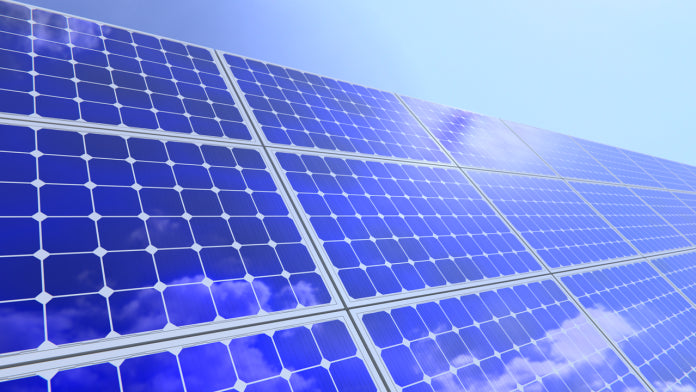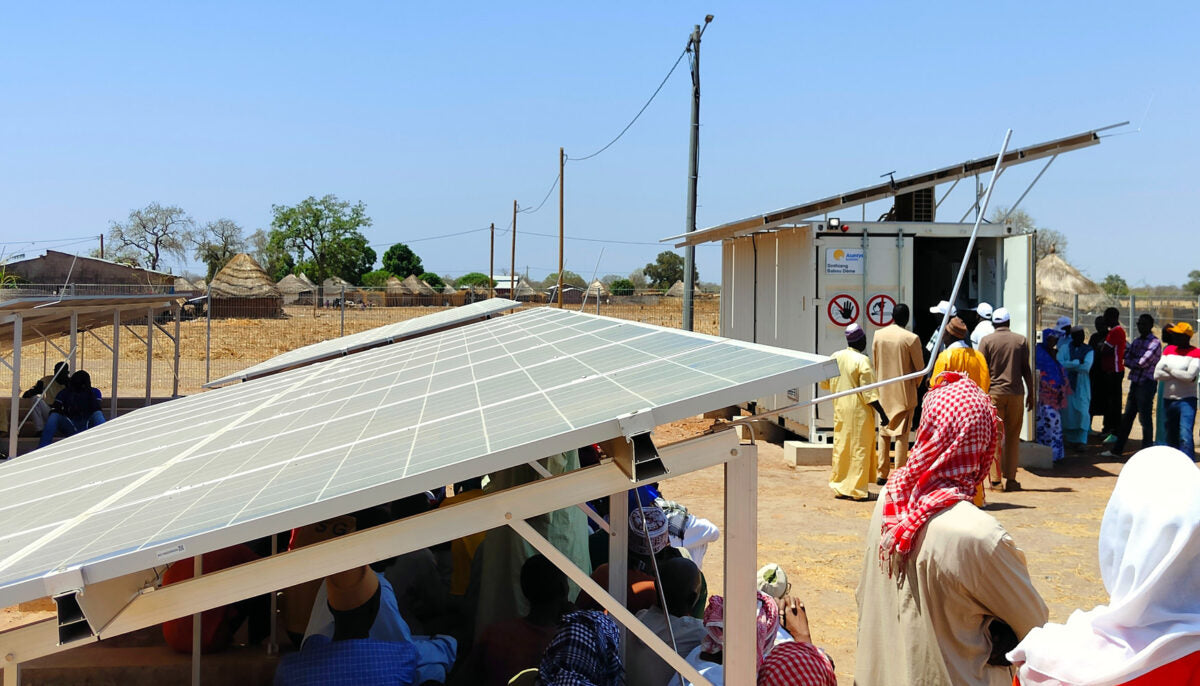https://www.pv-magazine-australia.com/2023/04/17/nz-to-fast-track-approval-process-for-solar-projects/
NZ to fast-track approval process for solar projects

Image: Transpower
United Kingdom-based renewables developer Island Green Power, under the Rangiriri Solar Farm Project and Waerenga Solar Farm Project names, has announced its intent to develop two new solar projects in the Waikato region on the upper North Island of New Zealand.
The proposed 180 MWp Waerenga Solar Farm and 130 MWp Rangiriri Solar Farm are expected to generate about 220 GWh and 300 GWh, respectively, of clean electricity a year. State-owned utility Transpower, as the owner and operator of the national grid, is named as a joint applicant as it handles the associated infrastructure.
Both projects have been referred to an independent fast-track consenting panel, which provides for an accelerated consenting process for projects with the potential to boost economic activity and contribute to New Zealand’s efforts to speed up the roll out of renewable energy generation facilities as it strives to reach net zero by 2050.
NZ Environment Minister David Parker said the Fast-track Consenting Act, introduced to accelerate infrastructure development, lets ministers send projects straight to the independent panel, which is administered by the Environmental Protection Authority (EPA).
Parker said the process allows for the panel to consider the consent, a reduced number of parties that can make submissions and a shorter consenting process with the fast-track process reducing consenting time by “an average of 15 months per project saving infrastructure builders time and money.”
“These projects are examples of the type of renewable energy development needed to meet our environmental goals, and increasing generation and supply improves our national energy resilience,” he said.
“The permanent fast-track consenting process is a crucial part of our plan to reduce emissions and improve our economic security by increasing domestically generated renewable energy.”
Between 60 and 70% of New Zealand’s electricity is provided by renewable sources. Most of this is supplied from hydro generation and less than 1% is generated by solar power.
The proposed Waerenga Solar Farm will include approximately 290,000 PV panels and associated infrastructure installed on a 385-hectare site near Waerenga township, about 100 southeast of Auckland.
The Rangiriri Solar Farm, to be developed on a 275ha site approximately 20 kilometres east of Waerenga, will include about 200,000 panels. If approved, it is expected construction will take about 18 months.
Parker said the projects are among five renewable energy projects referred through the fast-track consenting process since late 2021.
Included in this list is the 140 MWp Waiterimu Solar Farm project, also being developed by Island Green Power, this time under the Waikato Solar Farms name.
The proposed solar farm, to be developed on a 380ha site at Waiterimu, less than 20km south of Waerenga and Rangiriri projects, would comprise approximately 225,000 solar panels capable of generating about 300 GWh of clean electricity per year.
The New Zealand arm of British company Harmony Energy has already secured approval under the fast-track consenting process to construct and operate the 147 MW Tauhei Solar Farm in the Waikato region.
The proposed Tauhei Solar Farm will comprise about 330,000 panels spread across approximately 180 hectares of existing farmland. It is anticipated construction will commence in 2024, with the solar farm to be operational in 2025.
It took just 70 working days for the application to be approved.
NZ Windfarms has also lodged an application with the fast-track consenting panel to repower the existing 45 MW Te Rere Hau Wind Farm near Palmerston North. If approved, the 97 small twin-bladed turbines would be replaced by 30 three-bladed turbines.
If all five renewable energy projects are approved, the projects will contribute more than 700 MWp to the national grid during peak generation.
This content is protected by copyright and may not be reused. If you want to cooperate with us and would like to reuse some of our content, please contact: editors@pv-magazine.com.
<




